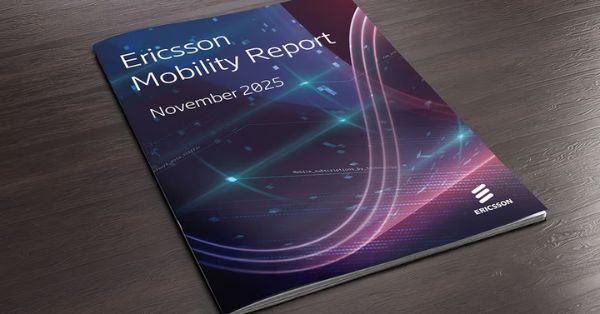BASKING RIDGE, N.J. – Verizon Business will demonstrate the future of connected energy through innovative smart grid and utility transmission solutions at this year’s DISTRIBUTECH, an annual event that showcases forward-looking technologies that power homes and businesses.
“With new industry standards, cybersecurity needs and tech innovations emerging, the utility transmission industry is evolving, and connected technology is key for embracing that transformation,” said TJ Fox, SVP of Industrial IoT and Automotive. “Not only can Verizon Business help make energy consumption more efficient, secure and flexible, but we can also help bridge smart-city ambitions with utility priorities to revolutionize power distribution and utilization.”
As an exhibitor (Booth #1233), Verizon Business will be demonstrating some of the following solutions in immersive presentations:
5G Advanced Networks: A mix of private and public 5G network solutions, enabling a wide range of utility use cases in support of grid modernization, including rapid communication of fault conditions, low latency communication for fast reliable monitoring and control of distributed energy resources and field area network devices.
5G Edge Solutions: Advanced connected solutions to support customer needs today and well into the future, including Distributed Intel, private and public MEC, managed MEC solutions, integrated IoT Applications, and drone inspection solutions.
Electric Vehicle to Grid (V2G): Bidirectional charging platform technology for electric vehicles (EV), enabling grid renewable energy generation through vehicle-to-grid (V2G), vehicle-to-building (V2B) and vehicle-to-home (V2H) solutions.
Intelligent Lighting: A smart lighting control system consisting of a Central Management System (CMS) and node communicating on Verizon’s 4G LTE Cat M1 network, used to manage and control outdoor lights, help realize O&M and energy cost savings, and meet sustainability goals.
DISTRIBUTECH International takes place at the Orange County Convention Center in Orlando, Florida from February 27th to the 29th. Verizon Business will be exhibiting all three days and speaking during select engagements:
Deploying AMI with Agile in a Multi-partnership Model using Mission Critical Networks, Matthew Montgomery, Senior Director-Solutions Architecture, ryIndustrial IoT and Automotive, Verizon Business, and Driss Zaaf, Distinguished Enterprise Architect, Verizon Business. Tues, Feb. 27: 1:15-1:45 pm; Booth 2071 Exhibit Floor Theater 2.
Intelligent Lighting Solutions for Smart Cities, Brian Rudy, Senior Director- Strategic Orchestration, IIoT, Verizon Business. Wed, Feb. 28: 11:00-12:30 pm; Booth 2071 Exhibit Floor Theater 2.
Verizon Business will host speakers at its in-booth theater on topics including security, private networks, advanced utility solutions, and Verizon Frontline first responder capabilities. Stop by the booth for the complete schedule.
For more information on Verizon Business’ smart grid solutions, click here or stop by booth #1233 on the showfloor.
Verizon News Feed| Read More








































